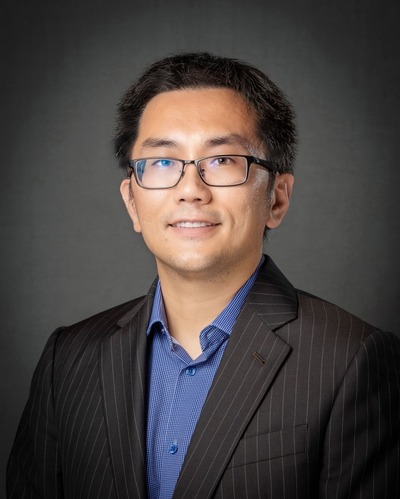ISL Director Wins National A2 Pilot Award to Advance AI-Assisted Lab Result Interpretation for Older Adults
The Institute for Successful Longevity (ISL) is proud to announce that Director Zhe He, Ph.D., FAMIA, FIAHSI, has been named one of the winning teams nationwide in the highly competitive National A2 Pilot Award Competition.
Dr. He’s winning project, Developing a Multi-Agent AI System for Explaining Lab Results to Older Adults, will develop and evaluate a web-based tool designed to make lab test results more understandable, actionable, and trustworthy, particularly for caregivers of cognitive impaired older adults with multiple chronic conditions. The tool will present lab results in clear visual formats, offer personalized explanations, and generate tailored question prompts to help patients and caregivers prepare for conversations with healthcare providers.

The A2 Pilot Award Competition is a national initiative that supports innovative, early-stage research projects applying artificial intelligence to healthcare challenges. This year’s competition recognized around 30 projects across the United States, selected for their scientific merit, innovation, and potential for real-world impact. This project will support the LabGenie team, which previously received an ISL Planning Grant, and an AHRQ R21/R33 grant to further advance the project to the new phase. In the next year, the team will work close with University of Pennsylvania Artificial Intelligence and Technology Collaboratory for Healthy Aging (PennAITech) on this pilot award.
“This award will help us advance the mission of ISL by addressing a critical gap in older adult patient and caregiver engagement,” said Dr. He. “By improving the clarity and usability of lab result information, we hope to empower caregivers to better manage their loved ones’ health and to communicate more effectively with healthcare professionals.”
The project builds on ISL’s ongoing research in AI, health informatics, and aging, and reflects the Institute’s commitment to developing technologies that improve the health, independence, and quality of life of older adults.












